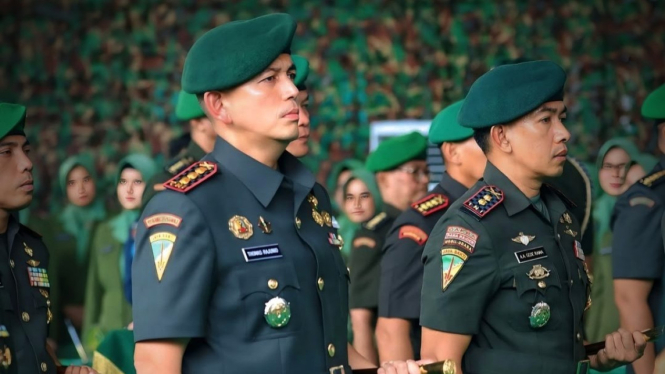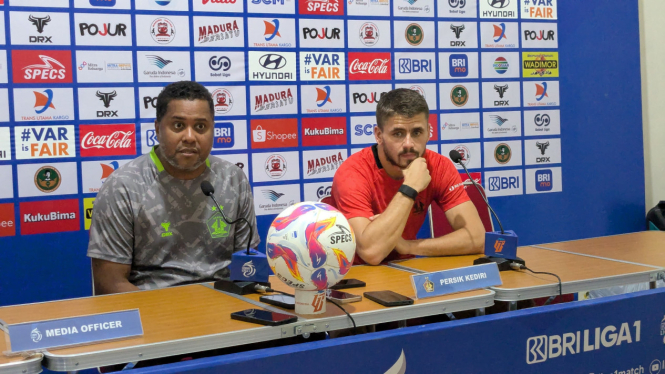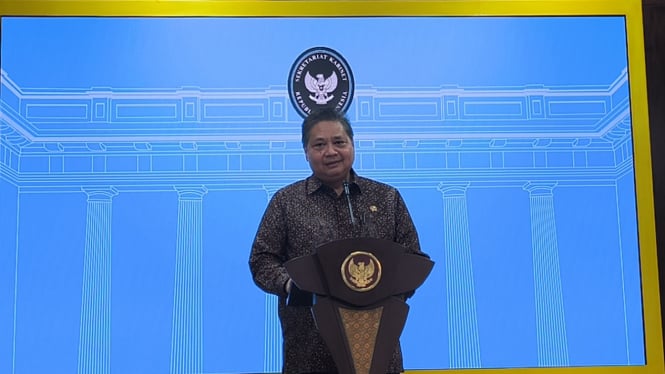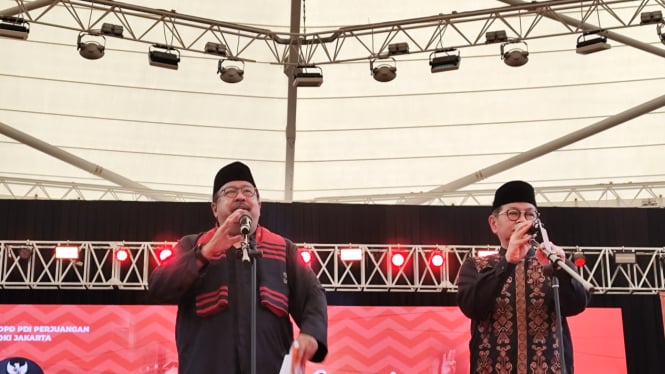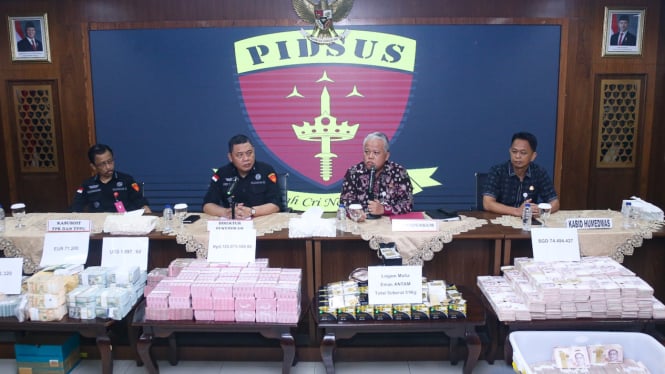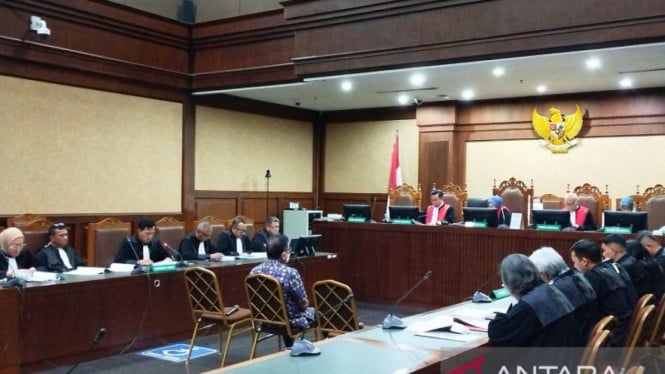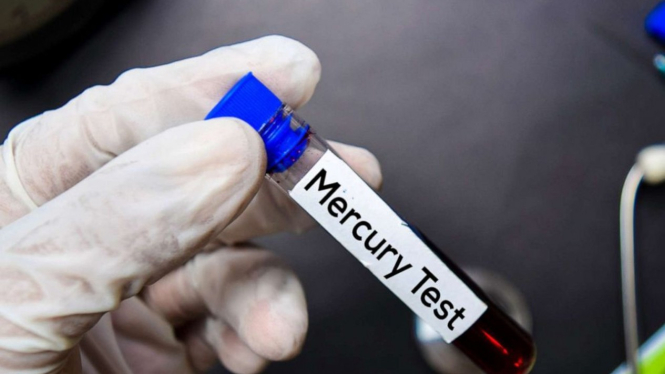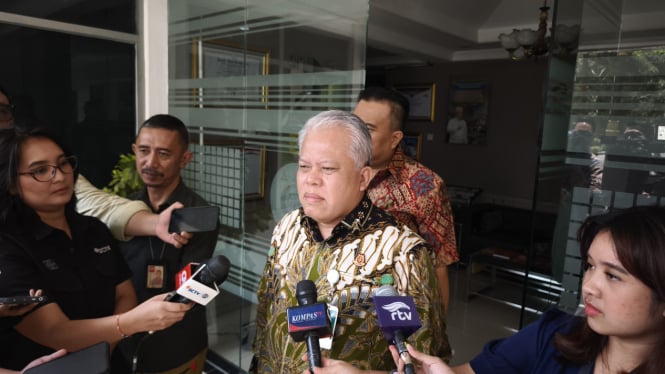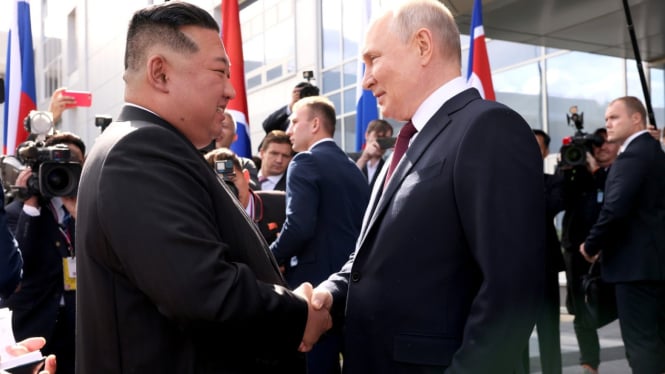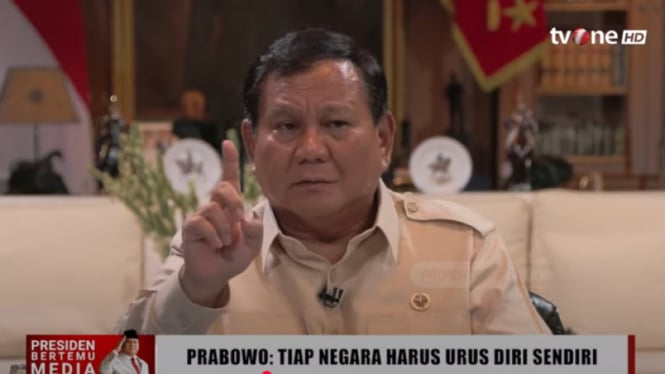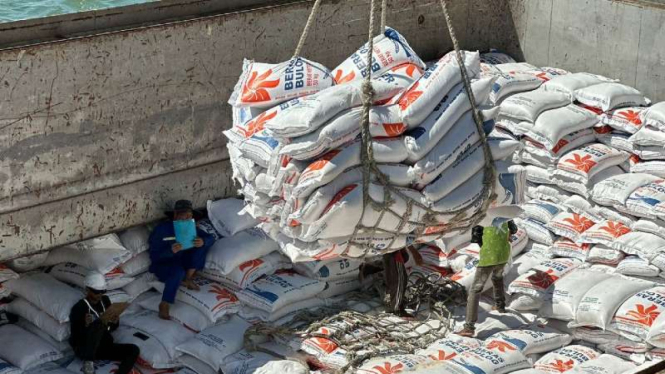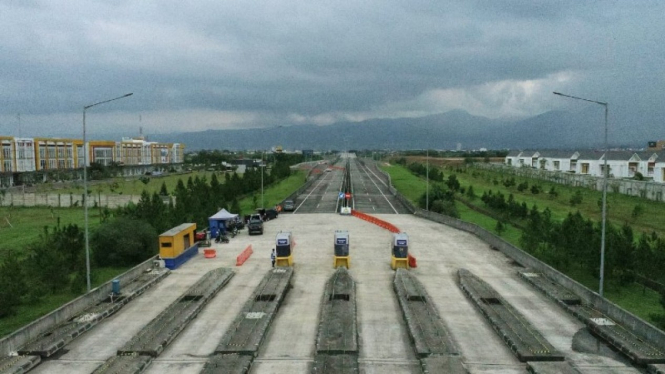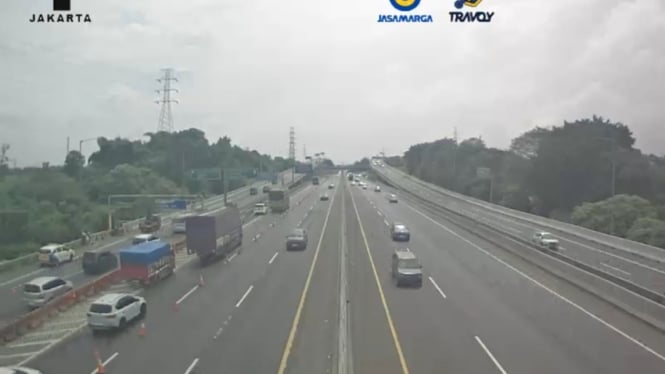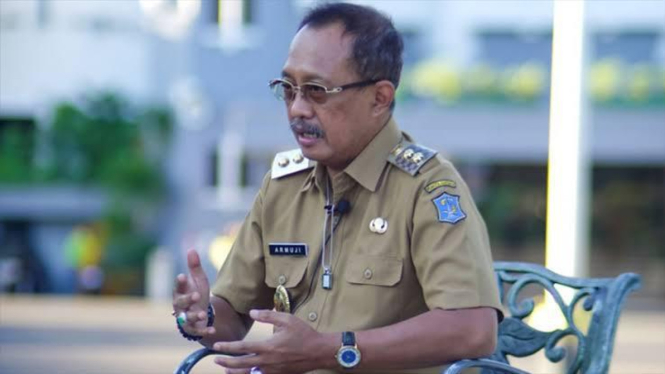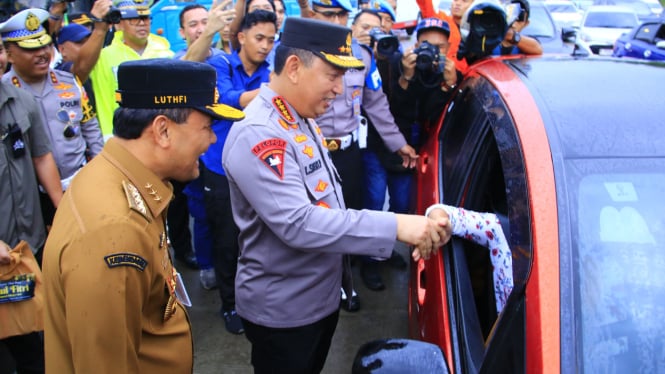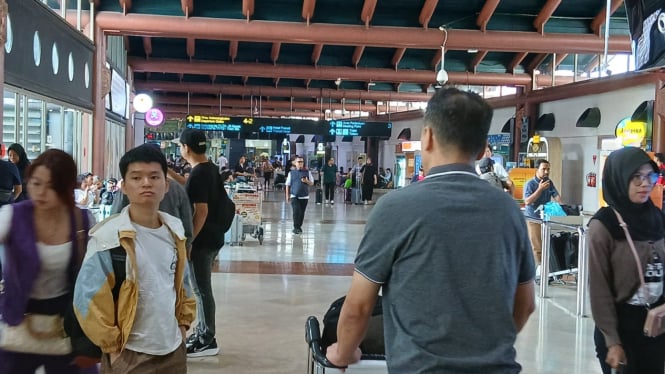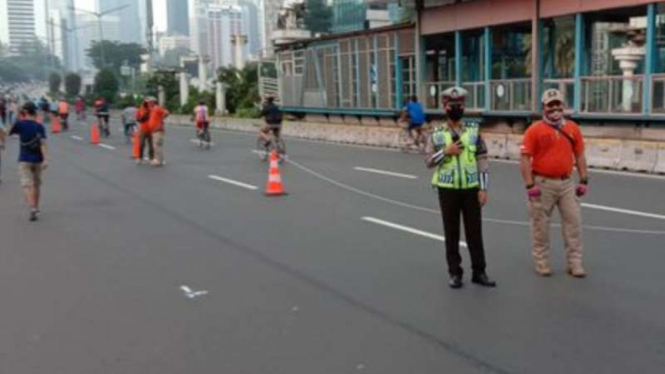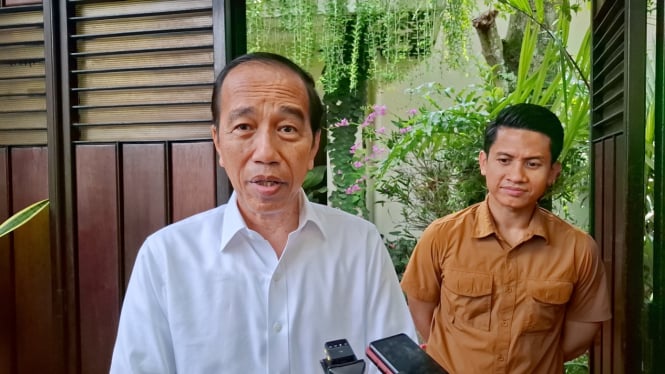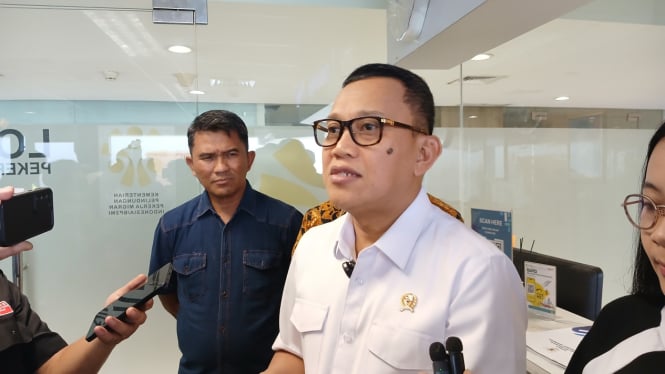Jakarta, VIVA – The issue of urban waste in Indonesia is still facing many challenges that hinder its resolution.
Effective waste management is becoming increasingly urgent due to the growing volume of daily waste generated by economic activities and population growth.
The Coordinating Ministry for Infrastructure and Regional Development, through the Deputy for Basic Infrastructure Coordination, held a Focus Group Discussion (FGD) on the Implementation of Waste-to-Energy (WtE) Processing together with local governments.
The Coordinating Minister for Infrastructure and Regional Development, Agus Harimurti Yudhoyono (AHY), emphasized that managing national waste requires a comprehensive approach focused on long-term solutions.
Menteri Koordinator Bidang Infrastruktur dan Pembangunan Kewilayahan, Agus Harimurti Yudhoyono (AHY)
Photo :
- Dok. Kemenko Infra
Speaking at the closing of the FGD on waste management, he stated that the government must remain neutral and not favor any specific technology or institution.
"In its development, there has been a lot of progress. We must not side with one or two technologies, let alone one or two offices. No, we are talking about the nation— the government must see this as a whole," said Minister AHY on Monday (Apr 28).
The minister highlighted that while the issue of waste-to-energy is attracting much interest, the approach must not be driven solely by business motives.
The primary focus must remain on reducing and managing waste itself.
"Although I understand that the waste-to-energy issue is attracting a lot of interest, we must not be motivated solely by business. The key is first and foremost addressing the waste problem itself. We must reduce and manage it," he explained.
Minister AHY stated that the Benowo WtE plant in Surabaya as a successful initiative. Even though the gasification technology used there is considered less effective compared to incinerators, he acknowledged that the effort still brings tangible benefits.
"Its effectiveness is said to be around 40 percent, whereas incinerators can reach 80–90 percent. But at least something is being done. At least it offers a solution," Minister AHY remarked.
He expressed hope that the outcomes of the discussion would not end with the FGD but would instead produce concrete policies and recommendations to be presented to the President, orchestrating collective efforts between national and local governments as well as various stakeholders.
Halaman Selanjutnya
The minister highlighted that while the issue of waste-to-energy is attracting much interest, the approach must not be driven solely by business motives.

 3 hours ago
4
3 hours ago
4
